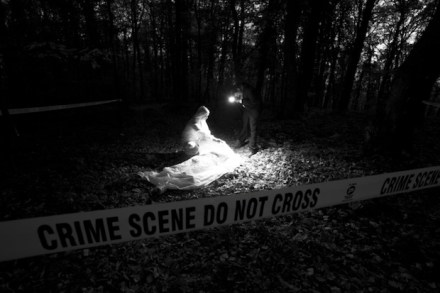Some things are better heard on radio, than seen
RadioA double dose of BBC1 drama at the weekend (Silent Witness, Casualty) left me wondering whether there’s a link between the falling crime figures announced last week and the levels of blood and bestiality now showing nightly on TV. With so much violence available at the switch of a button, who needs to create their




























